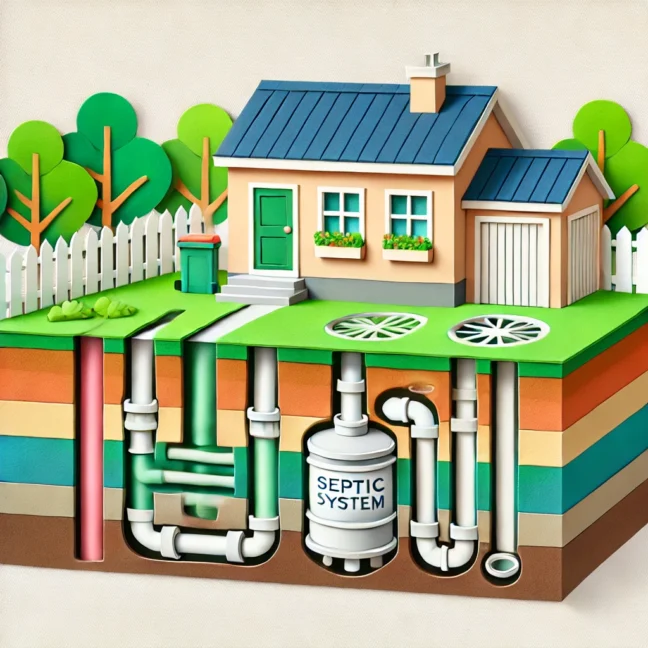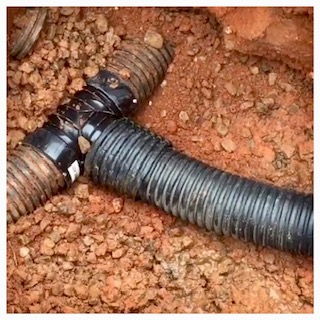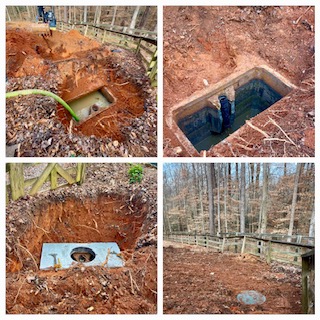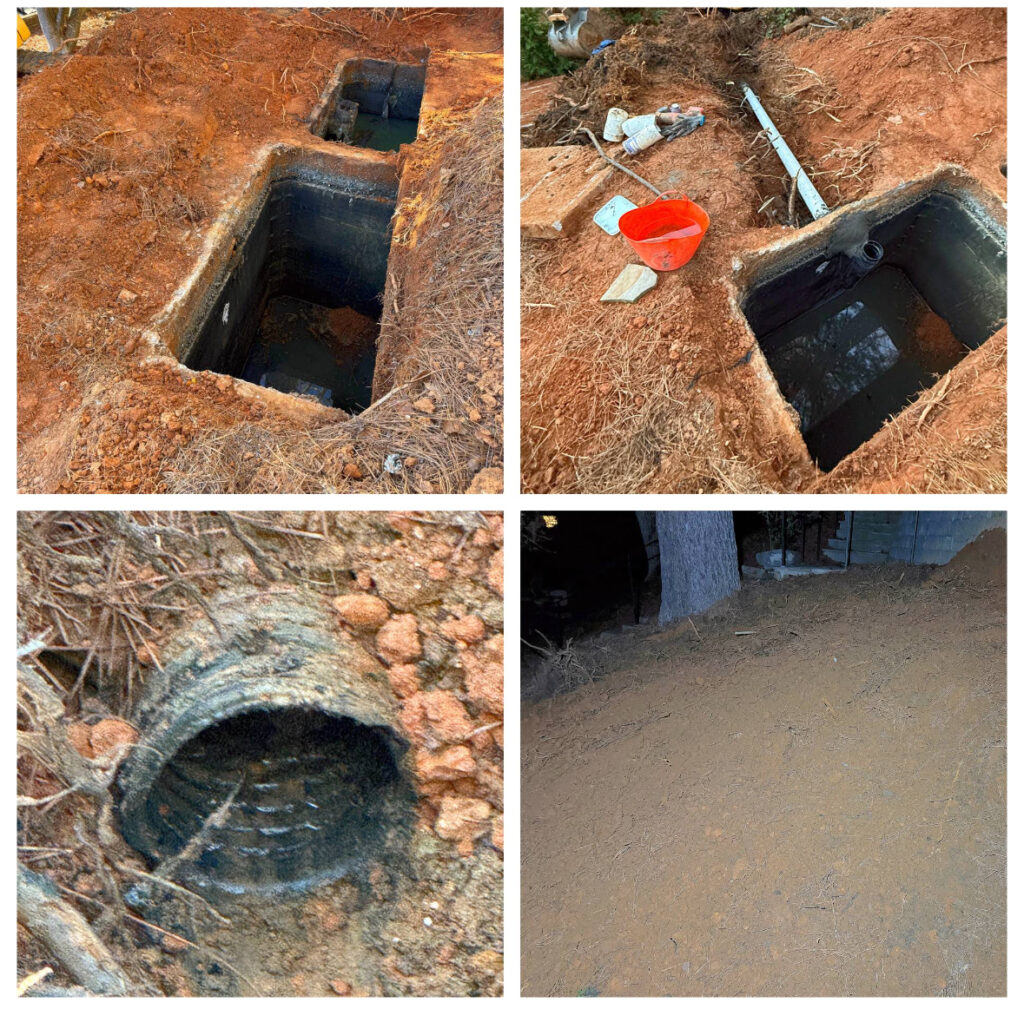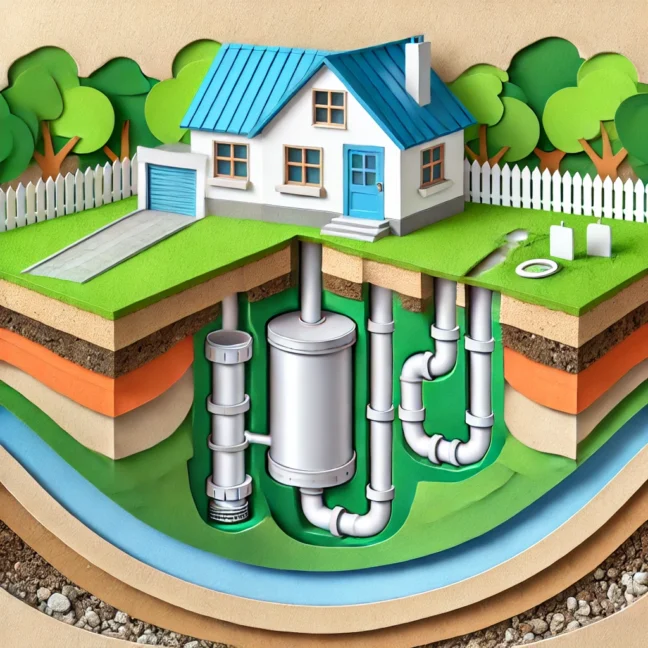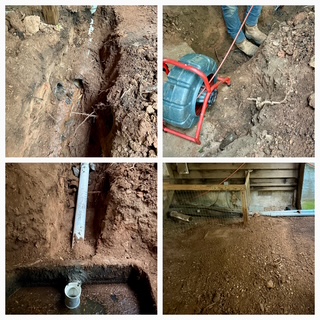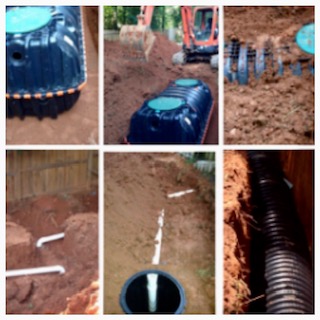Most septic disasters are preventable. Here are the biggest causes of failure and how we help homeowners avoid them every day.
1. Not Pumping the Tank on Time
The #1 cause of backups. Regular maintenance is the cure.
2. Flushing the Wrong Items
Wipes, tampons, cotton swabs, and paper towels clog septic systems fast.
3. Heavy Water Usage
Too much laundry or long showers can overload the tank.
4. Tree Roots in the Lines
Roots break pipes, block flow, and destroy drain fields.
5. Poor Drain Field Health
When soil can’t absorb wastewater, the entire system fails.
6. Using Harsh Chemicals
Bleach, drain cleaners, and antibacterial soaps kill the good bacteria your tank needs.
7. Old or Damaged Pipes
Aging systems need regular inspection to catch early signs of wear.
We Protect Your Home From All 7 Problems
Our team handles pumping, inspections, repairs, and full system replacement when needed. Fast, clean, affordable.
For fast service in Alpharetta, Milton, Roswell, Johns Creek, and North Fulton, call 770-922-1434 or visit ActionSepticTankService.com.



